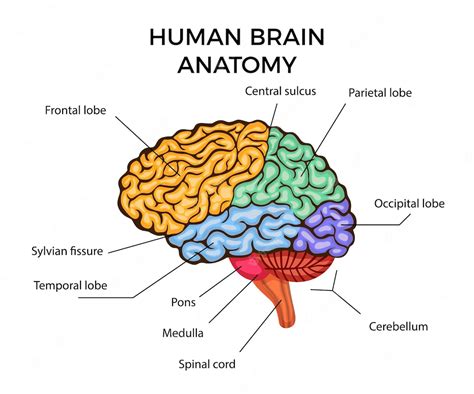How to optimize sleep for peak recovery, energy, & cognitive performance?

In our fast-paced world, sleep is often seen as a luxury or a negotiable necessity. However, a growing body of scientific evidence underscores its role as the ultimate performance enhancer. Far from being mere downtime, sleep is an active and complex process vital for repairing the body, consolidating memories, regulating hormones, and replenishing energy reserves. Mastering the art of sleep optimization isn’t just about getting enough hours; it’s about enhancing the quality and restorative power of those hours to unlock your full potential.
Understanding the Science of Restorative Sleep
To truly optimize sleep, it’s essential to understand its underlying mechanisms. Sleep isn’t a single state but a cycle through distinct stages: Non-REM (NREM) sleep, comprising light sleep, deep sleep (slow-wave sleep), and REM (Rapid Eye Movement) sleep. Deep sleep is crucial for physical repair, hormone regulation, and immune function, while REM sleep is vital for learning, memory consolidation, and emotional processing. Disruption to these cycles, or a lack of sufficient time in each stage, can severely impair your recovery, energy, and cognitive abilities.

Pillars of Optimal Sleep Hygiene
Achieving peak sleep performance relies on implementing consistent and effective sleep hygiene practices. These are the foundational habits that set the stage for truly restorative rest.
1. Establish a Consistent Sleep Schedule
Your body thrives on routine. Going to bed and waking up at the same time every day, even on weekends, helps to regulate your circadian rhythm – your body’s internal clock. This consistency signals to your body when to release sleep-inducing hormones like melatonin and when to prepare for wakefulness, leading to easier transitions into and out of sleep.
2. Optimize Your Sleep Environment
Your bedroom should be a sanctuary for sleep. Focus on creating a space that is dark, quiet, and cool. Blackout curtains or an eye mask can block out light, earplugs or white noise machines can muffle sounds, and maintaining a room temperature between 60-67°F (15-19°C) is ideal for most people. Invest in a comfortable mattress and pillows that support proper spinal alignment.

3. Cultivate a Relaxing Pre-Sleep Routine
The hour or two before bed should be dedicated to winding down. Avoid stimulating activities such as intense exercise, engaging work, or emotionally charged discussions. Instead, engage in calming activities like reading a physical book, taking a warm bath or shower, practicing gentle stretching or yoga, or meditating. This signals to your brain that it’s time to prepare for rest.
4. Mind Your Diet and Exercise
What and when you eat can significantly impact your sleep. Avoid heavy, fatty, or spicy meals close to bedtime, as they can cause indigestion. Limit caffeine intake, especially in the afternoon and evening, and moderate alcohol consumption, which can disrupt sleep architecture even if it initially makes you feel drowsy. Regular physical activity can greatly improve sleep quality, but intense workouts too close to bedtime can be counterproductive due to elevated body temperature and adrenaline.

Addressing Common Sleep Disruptors
Beyond lifestyle adjustments, several external factors can hinder optimal sleep. Blue light emitted from screens (phones, tablets, computers, TVs) suppresses melatonin production, making it harder to fall asleep. Aim to disconnect from all screens at least an hour before bed. Stress and anxiety are also major sleep disruptors; incorporating stress-reduction techniques like mindfulness, journaling, or deep breathing can be beneficial. Be strategic with naps; short power naps (20-30 minutes) can be restorative, but long or late-day naps can interfere with nighttime sleep.

The Transformative Impact of Better Sleep
When you consistently prioritize and optimize your sleep, the benefits are profound and far-reaching. You’ll experience enhanced physical recovery from exercise, stronger immune function, and more stable mood regulation. Cognitively, you’ll notice improved focus, concentration, problem-solving abilities, and creativity. Your energy levels will be more consistent throughout the day, eliminating the reliance on stimulants and allowing you to perform at your best, naturally.

Conclusion
Optimizing your sleep is not a passive activity but an active investment in your overall health and performance. By implementing consistent routines, perfecting your sleep environment, and making conscious lifestyle choices, you can unlock a powerful tool for peak physical, mental, and emotional well-being. Start small, be patient, and prioritize sleep – the rewards will undoubtedly transform your daily life.









